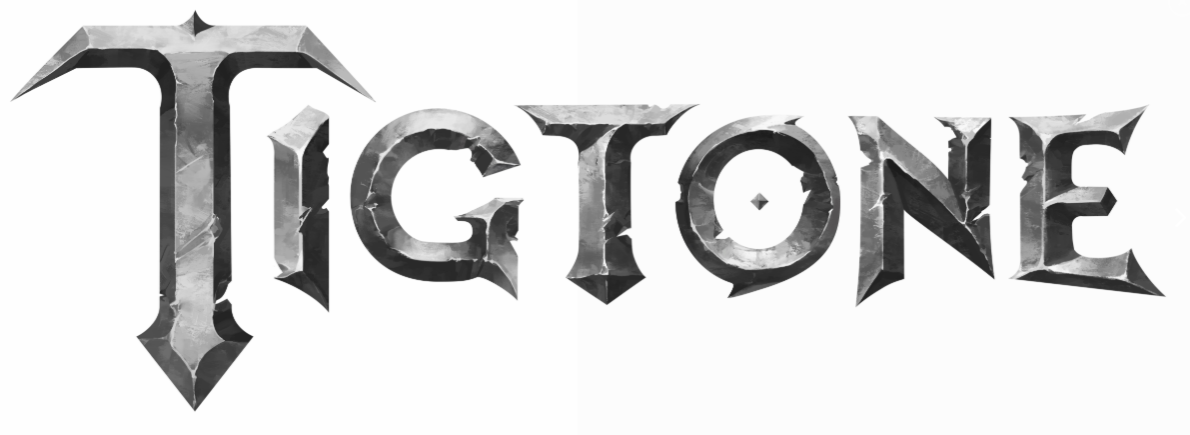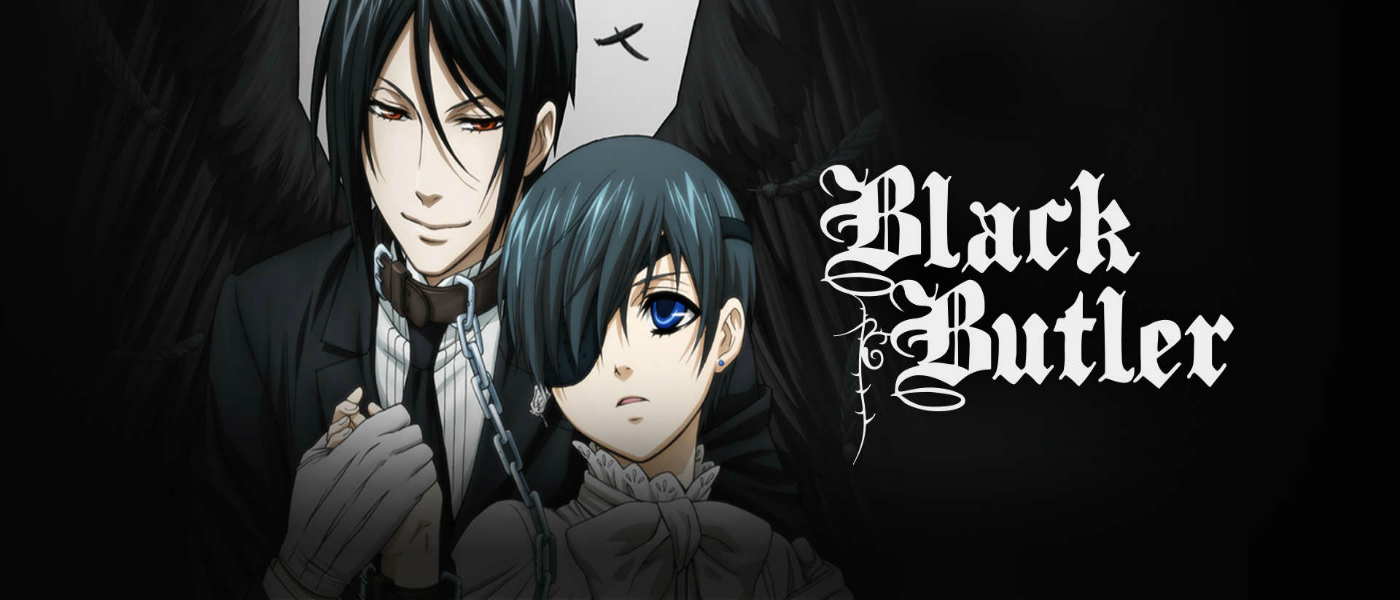Season Review: Tigtone Season One
Tigtone quests his way through his first season — and into our hearts.
Spoilers for Season One below!
Dying is easy — comedy is hard. Luckily for the lives of adventurers in Tigtone, both come naturally. Tigtone is an Adult Swim show that follows the adventures of a hero named — er, well, Tigtone. Alongside his trusty sidekick — aptly named “Helpy” — the pair ventures across their high fantasy land in search of quests to fulfill. This goal is not to be confused with “helping people” — on the contrary, safety and empathy aren’t the priorities of the duo, often causing causing different brands of chaos with their solutions. This all fits perfectly in the world of story, though, as all the characters and settings are just as chaotic as they are — often trying to one-up the previous scene with even more hyperbolic, upside-down comedy.
There are so many wonderful facets of Tigtone that comment on the fantasy genre by using comedy as its driving force — but how well did it do in its other aspects? Let’s review.
Animation/Art Style
The most widespread critique of the show seems to be the animation — motion capture isn’t the prettiest way to make things move, but it did do exactly what the creators intended — which was to make the animation feel bizarre in contrast with how hyper-realistic and beautiful the high-fantasy art style is (much like the purposely topsy-turvy writing in the show which contrasts the stereo-typically deep, fantasy narrative.) Despite how the animation can be off-putting, there were a ton of expert moves made when it came to the effects and animation direction, which clearly took a lot of heart and talent to make. It’s colorful, eye-catching, and things are constantly happening. Plus, the art style did something that not a lot of animated shows do: it matched the theme of the show. While watching, anyone can clearly see that all the writing aspects of Tigtone pair up with its animation and art style — they don’t all function separately, but rather, work together to create the entire comedic (tig)tone of the series.
Also, it’s noteworthy that the creators actually…sort of invented a new form of motion capture? There really is something to say about the creativity it takes to manufacture something entirely original. Take a look at how Tigtone gets made. Now that’s being innovative with the Adult Swim animation budget!
Plot
Tigtone is a show that decides on its own when the over-arcing plot is relevant (which makes things all the more hilarious.) Mostly, the plot structure tends to stick to individual adventures, rather than having every episode continue from where the last one left off. One never knows when something from a previous episode will come up in a future one — and considering the D&D stylings of the series, it makes sense.
Adventures within Tigtone are framed episodically — much like how arcs are played out in D&D campaigns, or how a multitude of different quests can be completed in an RPG. It even uses “video game logic” to create several gags and plot points within the episodes.
Of course, the finale brought out the “underlying” plot throughout the season — that Helpy was planning to betray Tigtone the entire time in order to appease “The Greater Good.” The season had a fitting end: indescribable, beautiful chaos was released upon the world as Tigtone and Helpy rejoined forces. It was satisfying as a standalone season, but it also set up the possibility for even more adventures if they choose to continue the show (which they should.)
Characters
Tigtone is an overblown parody of an “adventurer.” Think about the amount of characters we’ve all seen who “just love adventuring.” Tigtone takes this to a level no other has gone before, doing anything it takes in order to finish a quest — even if it winds up causing unnatural chaos. His relentless, unstoppable energy is as invigorating as it is terrifying. It doesn’t get more chaotic neutral than this. Yet even with this seemingly one-sided exterior, he still manages to go through some heartfelt character development — ultimately choosing his friendship with Helpy over his sword (which was a very, very difficult decision for him.)
Helpy is an equally hilarious character who embodies every fantasy assistant ever. His soft and fuzzy, creature-like exterior is similar to one we’ve seen from all cute sidekicks — only more horrifying. His regeneration power comes to aid Tigtone in multiple ridiculous (and unpleasant) ways — and even though he turned out to be a double agent, Helpy’s return was a welcome and wonderful statement on the power of friendship. Navi, eat your heart out.
Minor reoccurring characters such as the King Queen, Beconka, and Lord Festus were great because they furthered the hyperbolic, satirical storytelling Tigtone set out to accomplish — but there was also the tons of one-off characters who were too hysterical for words. To sit here and name all of them would defeat the purpose of just watching the episodes, because every single one has characters to laugh about.
Sound Design
The SFX department did a great job with setting the fantastical tone of the show — plenty of clinking swords and cinematic music to couple with the scenes. The voice acting is where things really shine, though. The raw amount of talent in Tigtone’s voice acting department was wonderful to hear, considering that certain actors (such as Nils Frykdahl) haven’t had a star voice acting role until now, but had a killer performance.
The star power is also something to talk about. Aside from the big name VAs such as Debi Derryberry, Grey Griffin and Cree Summer, there were also voice roles by people like Paul Reubens (aka, Pee-wee Herman. Need we say more?) Occasionally, certain voices seemed unvaried (Cree comes to mind here) but that’s nitpicking. Seeing some staff of the show also voice certain characters was also delightful and just as fantastic, making the fun they have creating Tigtone pretty tangible.
Did it do its genre justice?
There’s so much originality about Tigtone that sets it apart from other adult comedic animated series. It’s very easy for any Adult Swim show to rely on “The Fuck Word” to be funny. It takes a lot of dedication to take a concept that has been done to death (i.e.; cartoons featuring “adventuring”) and do something new with it. Aside from the fresh way it approaches “adventure” storytelling, Tigtone also uses hyperbole to its finest degree in comedy. Everything within Tigtone’s world of story is hyperbolic and nonstop. The energy is always blown out of proportion because everything within the world is blown out of proportion, too, and it creates a wonderful base for parody when it comes to D&D, RPGs, and other fantasy worlds. Tigtone truly uses comedy to subvert the narrative when it comes to a high-fantasy adventuring story, and it is definitely recommendation worthy (this reviewer has already recommended it to her own D&D gang!)
Anyone watching can definitely get the humor in it, even if they aren’t totally involved in the D&D/RPG/Fantasy scene. To our readers who are, though, the tiny details will be sure to bring joy.























"There are also other characters that come and go (also owned by the Warner Bros. Discovery conglomerate media company)."
Huh. Is that just referring to other characters from the show itself, or is this implying that the new season is going to have cameos from other WBD IPs